In recent years, more than ever before, comic books have been witnessing a kind of growth that is unprecedented. From the great proliferation of manga, passing through the massive success of blockbuster superhero movies, comics are enjoying the kind of popularity that many other media can only dream of. This surge in popularity has undoubtedly attracted more people (creators, consumers and investors) to this sector, triggering growth in all forms of comic book production and consumption, in every part of the world. One of the prominent areas where growth has been witnessed is the digital comics market. Digital comics are quickly becoming a popular way for comics and book lovers to enjoy their favorite stories. With the rise of digital technology, readers now have access to an ever-growing library of content that can be accessed from any device with internet connection. But what exactly are digital comics?
At its core, a digital comic is simply an electronic version of your favorite printed issue or graphic novel that you can read on your phone or tablet. Digital comics come in various formats such as PDFs, ePUB files, CBR/CBZ files (which stand for Comic Book Archive file), and more recently MOBI format which is designed specifically for Amazon Kindle devices. While some platforms allow users to purchase individual issues at prices comparable to print editions like Comixology does; others offer subscription services where fans can get unlimited access to thousands of titles for one low monthly fee like Marvel Unlimited does.
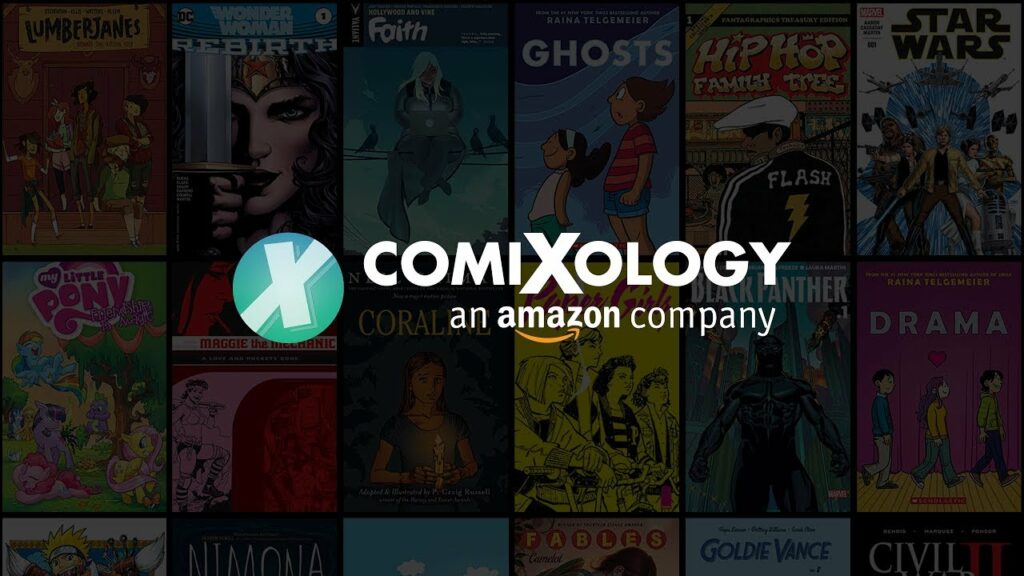
Over the years, digital comics have even evolved to new formats like webtoon. Originally created by JunKoo Kim, a South Korean digital comics enthusiast, webtoons have become a staple in the comic book market. Webtoons are digital comics that are created specifically for the internet and mobile devices. Thanks to their mobile friendly nature and the possibility for creators to be flexible and highly creative with their works, the reach of webtoons has been alarming. Companies like Line Webtoon, Tappytoon, BiliBili comics, INKR Comics and Manta Comics have user bases or readers that reach the hundreds of millions. The growth of the sector is really exponential and no one can ignore it.

According to Fortune Business Insights, “The global comic book market is projected to grow from $15.35 billion in 2022 to $21.37 billion by 2029, at a CAGR of 4.8% in forecast period, 2022-2029.” These figures are impressive and they are the reason why many other actors continue to emerge in this market that is seeing perpetual growth.
Consequently, there has been a recent surge in new players entering the market offering innovative solutions to digital comics fans. A good example is a company such as Madefire which specializes in motion books (a combination of animation & traditional panels), which allow readers experience stories differently than they would through static pages alone. Unfortunately, Madefire shut down due to internal issues. Nevertheless, there are other companies like Editions Dupuis with their Webtoon Factory platform, Verytoon, Black Sands Entertainment and House of Comics that have entered the market as new players in the digital comics domain.
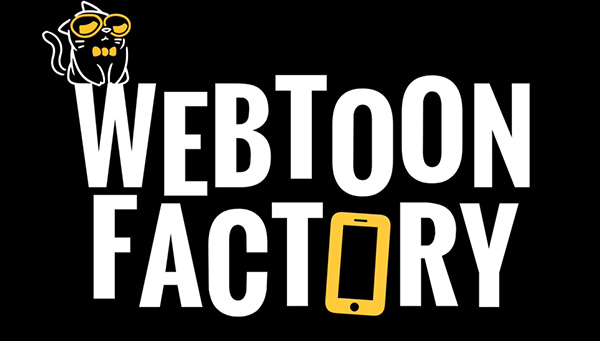
In the midst of all this growth, Africa is not left out. This growth in the demand for digital comics has seen the birth of several companies that have embraced the medium as a viable means through which they can promote African cultures, traditions and storytelling. Notable African companies that excel in this domain include Zebra Comics PLC, Vortex Comics, Comic Republic, Waanda Comics and YouNeek Studios. These companies have invested heavily in digital comics and the results they are getting is ample evidence that there is a very bright future as far as digital comics are concerned.


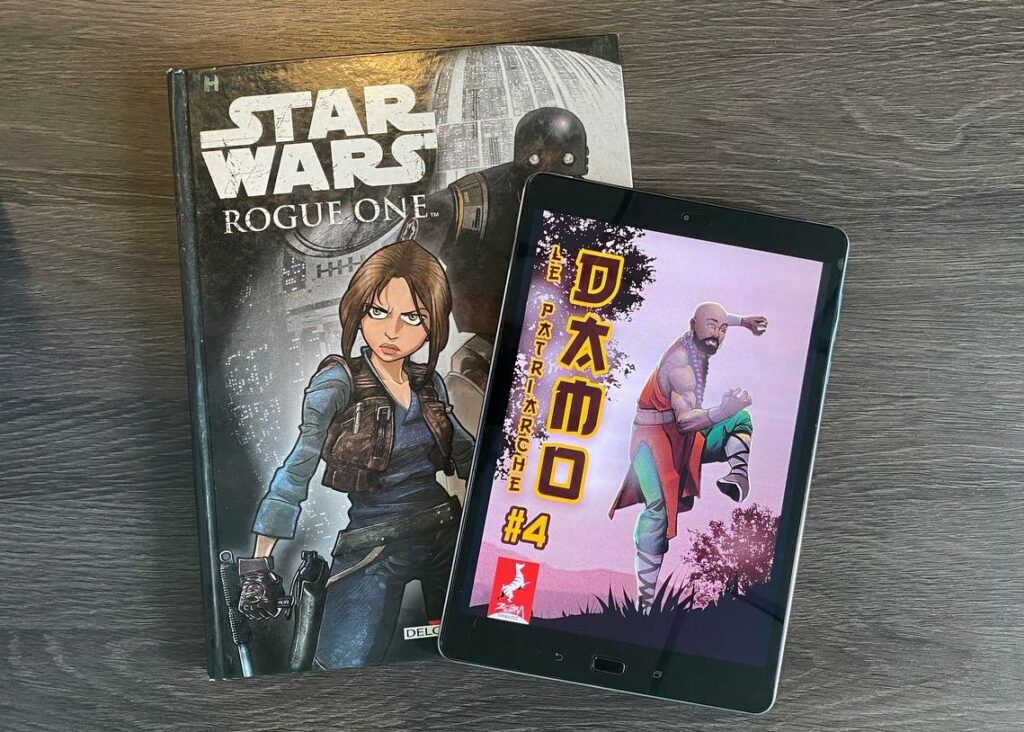
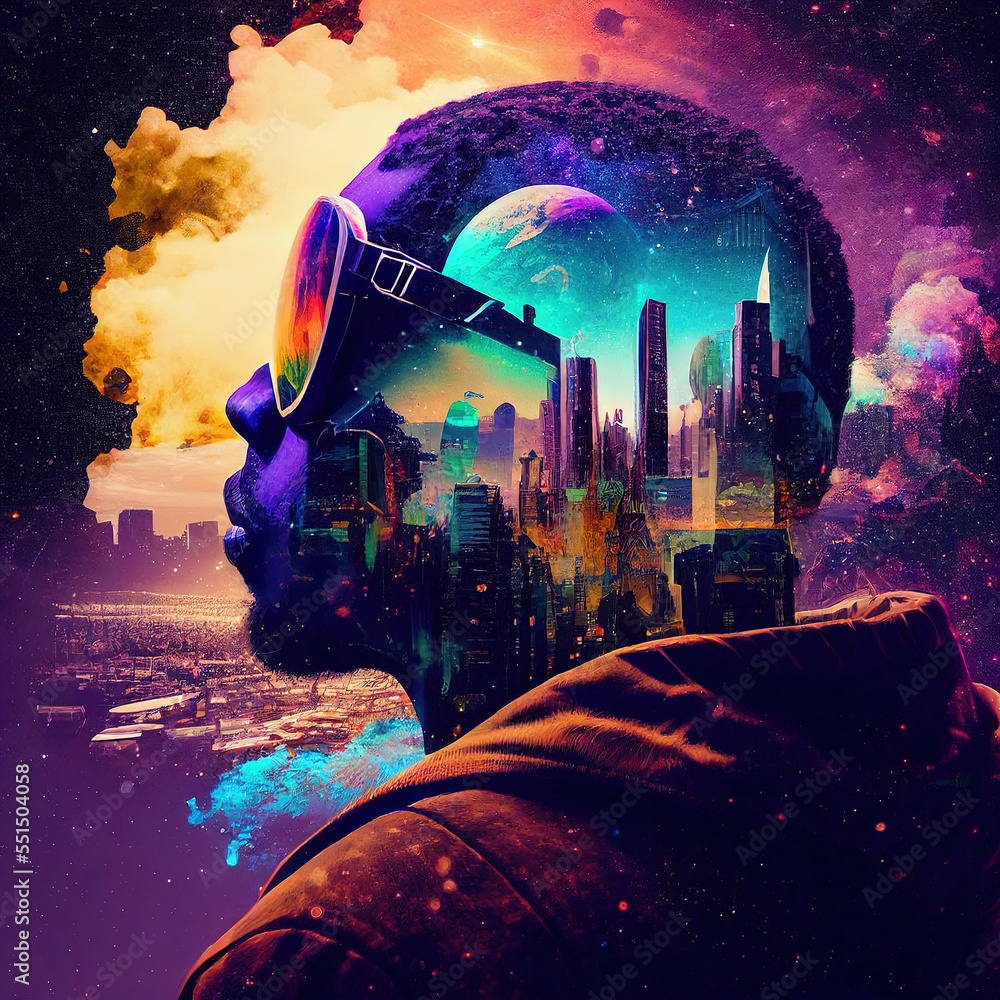
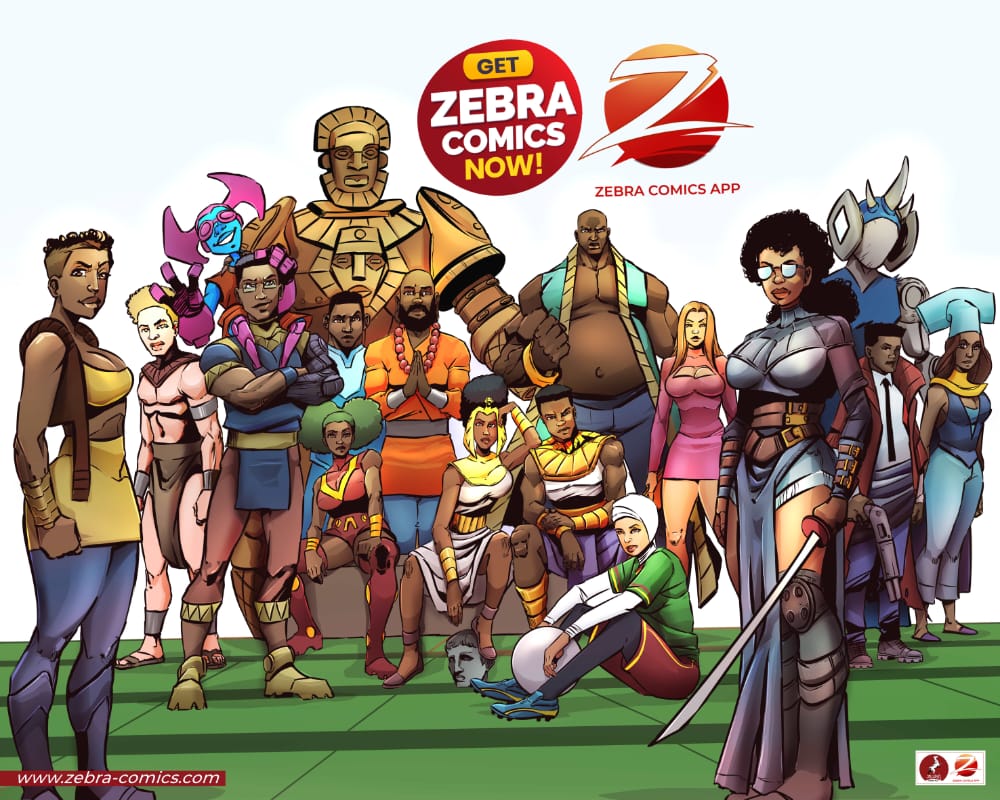
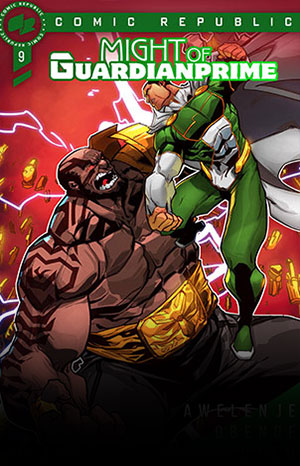
Thank you for your sharing. I am worried that I lack creative ideas. It is your article that makes me full of hope. Thank you. But, I have a question, can you help me?